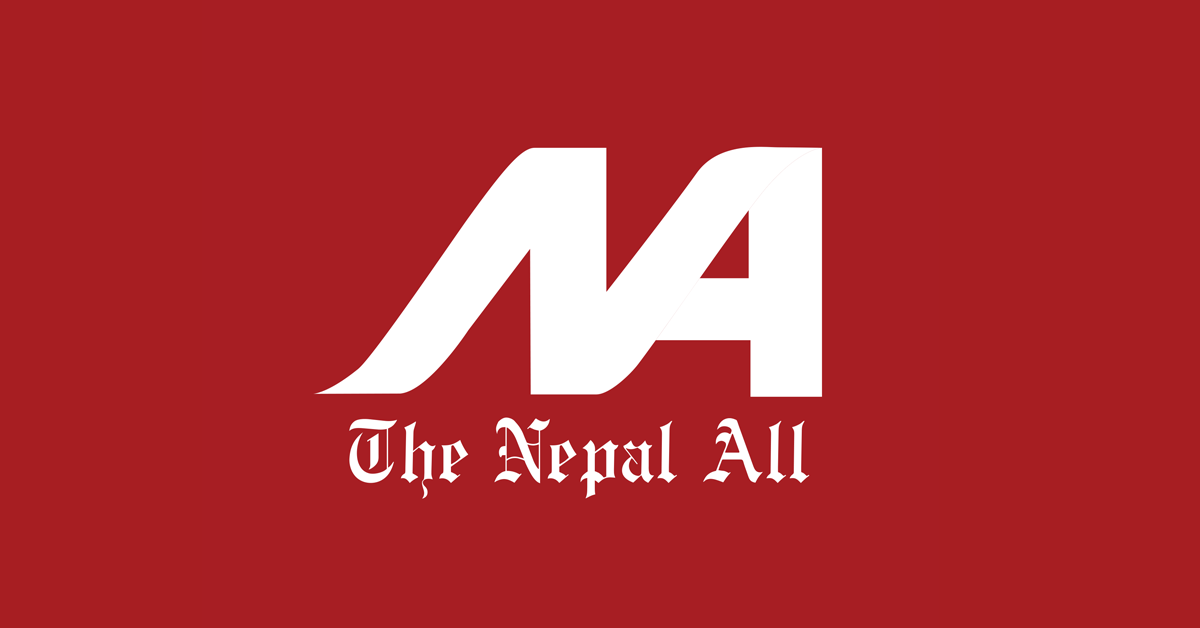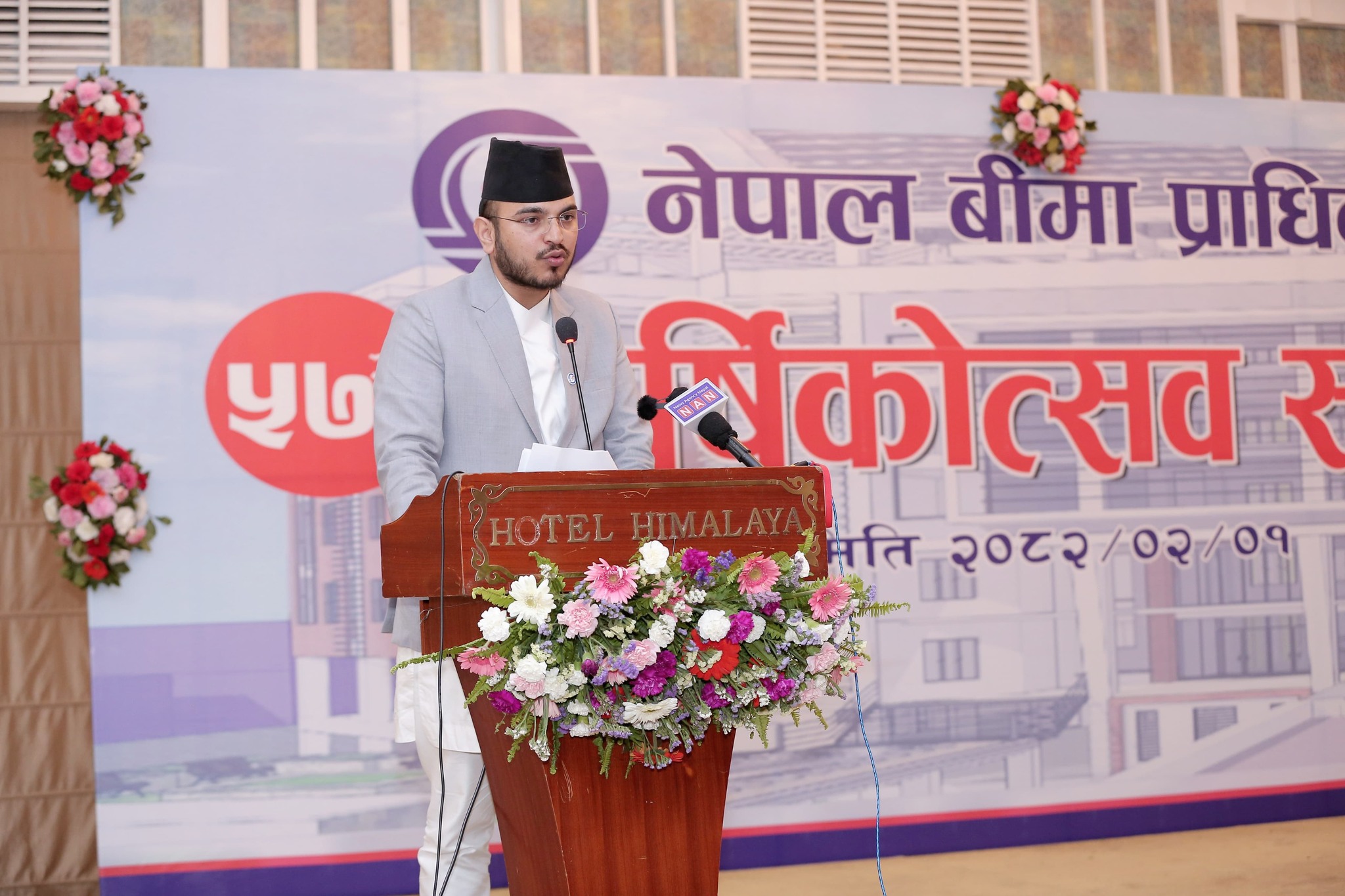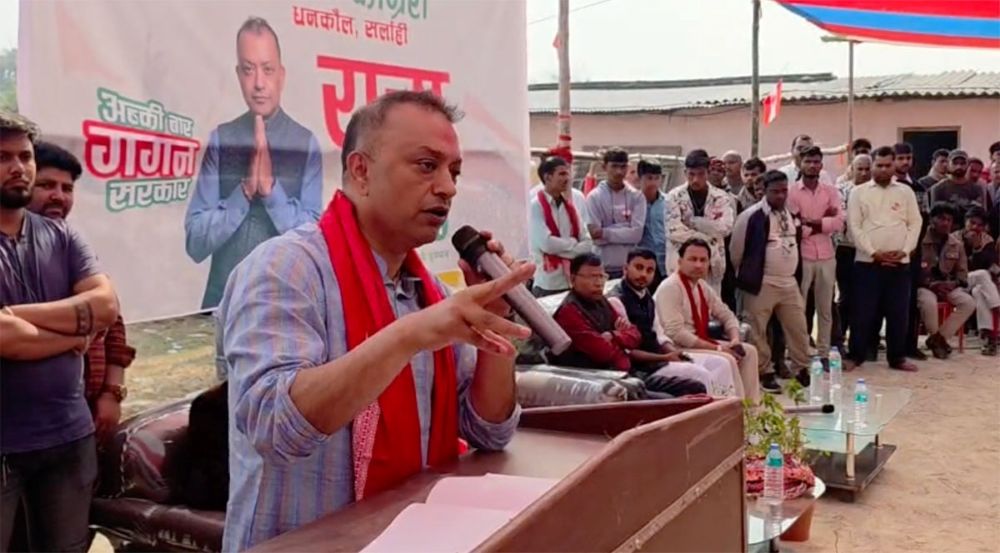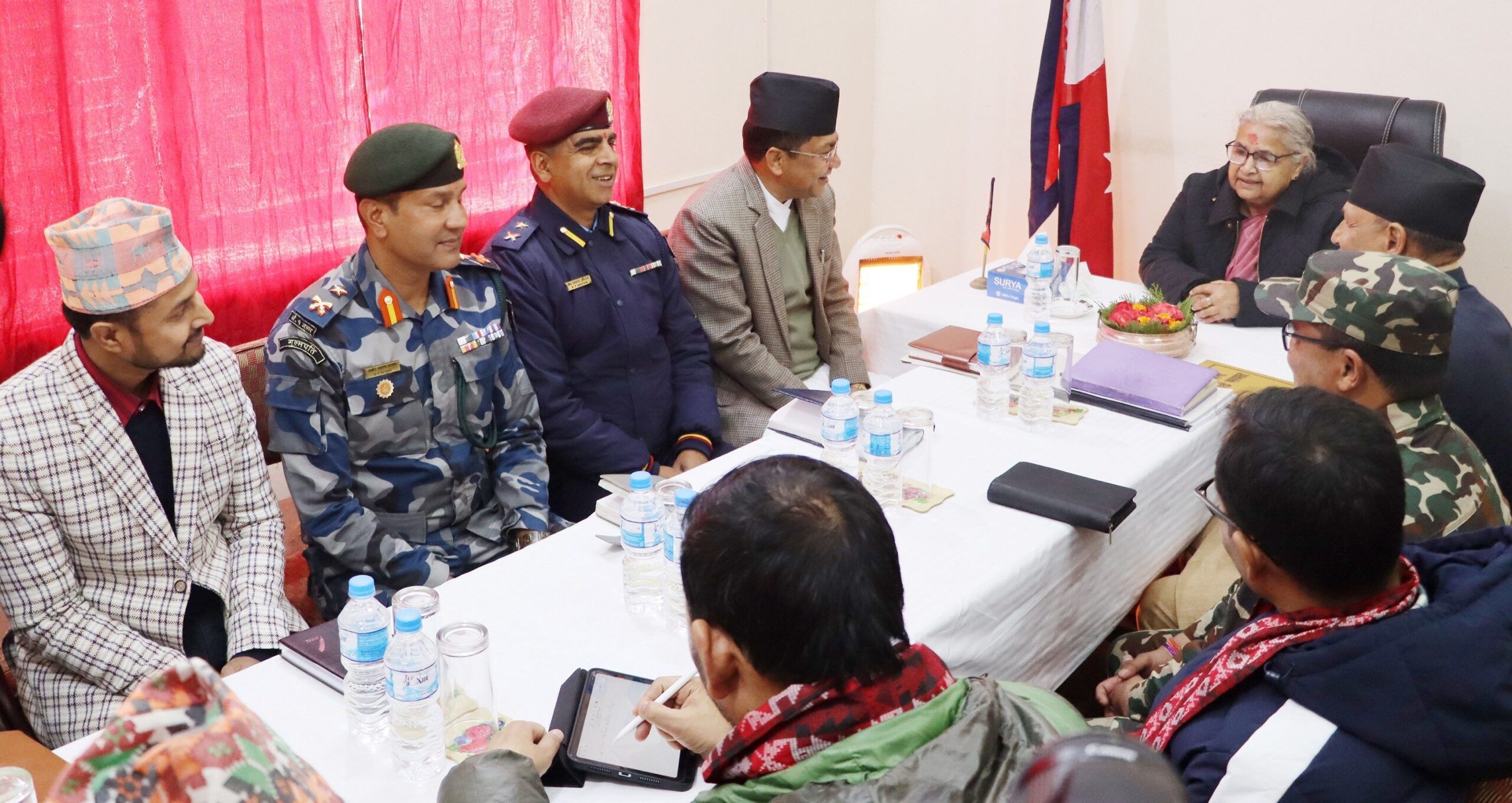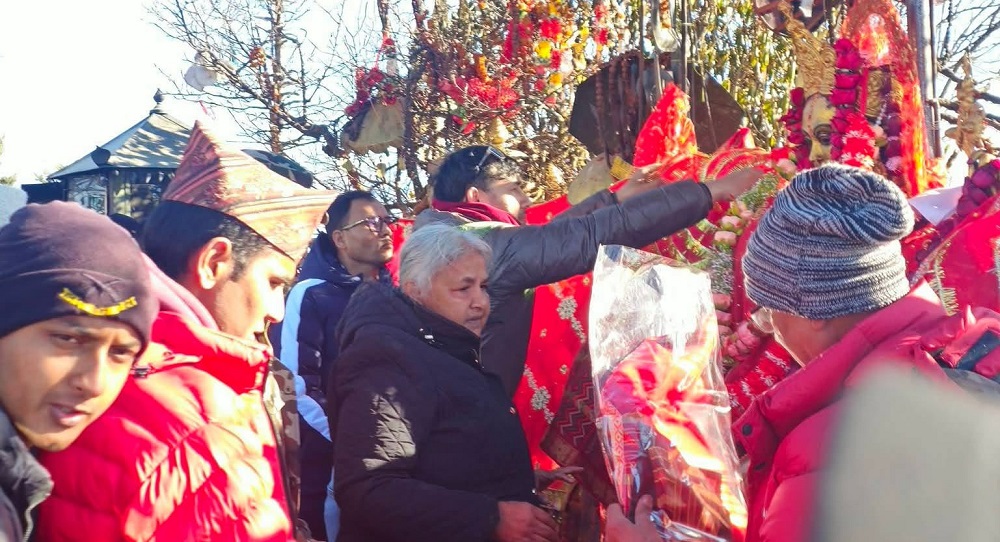KATHMANDU: A sudden media storm that erupted on Tuesday has raised serious concerns over the use of “media trial” tactics — and what appears to be a deliberate attempt to obstruct or influence an ongoing case at Nepal’s Supreme Court. At the center of the controversy is Sharad Ojha, the 33-year-old Chairperson of the Nepal Insurance Authority, who has emerged as a reformist figure in a regulatory sector long plagued by political patronage and corporate capture.
Few media outlets published news claiming that the Commission for the Investigation of Abuse of Authority (CIAA) had launched an inquiry into documents Ojha submitted during his appointment. Without waiting for verification or official comment, some reports went as far as calling the documents “suspicious,” while some concluded them outright “fake.”
According to a senior Finance Ministry official, a powerful interest group—accustomed to influencing regulatory bodies by installing their loyalists—is likely behind these reports. “This is a textbook case of regulatory capture—where a small network influences licensing, decisions, and even exempts itself from regulatory scrutiny. Now that the new government has appointed qualified, independent professionals, particularly from the younger generation, these groups feel threatened,” the official said.
But a deeper look into the institutions that issued those documents tells a very different story. The Nepal All reached out to officials from multiple academic institutions and companies listed in Ojha’s credentials. Across the board, each institution confirmed the authenticity of the certificates. From private colleges to corporate entities, employers stated that Ojha had indeed served in roles ranging from senior manager to academic faculty. Several of these employers also confirmed that he had paid income taxes during his tenure — a fact substantiated by government revenue records.
For decades, it has been rare for young professionals to assume top roles in regulatory bodies—except during moments of major political upheaval. But that trend is now shifting: the Nepal Rastra Bank, the Securities Board of Nepal, and the Nepal Insurance Authority are all currently led by relatively young individuals.
Sources in the Finance Ministry reveal that over the past decade, several large business houses have effectively kept civil servants close to political parties on their payroll, planting them in public roles to exploit state power. With the recent wave of independent appointments, these same groups fear that past irregularities may come to light. The media campaign, some suspect, may be an attempt to preemptively discredit the current leadership and sway judicial proceedings.
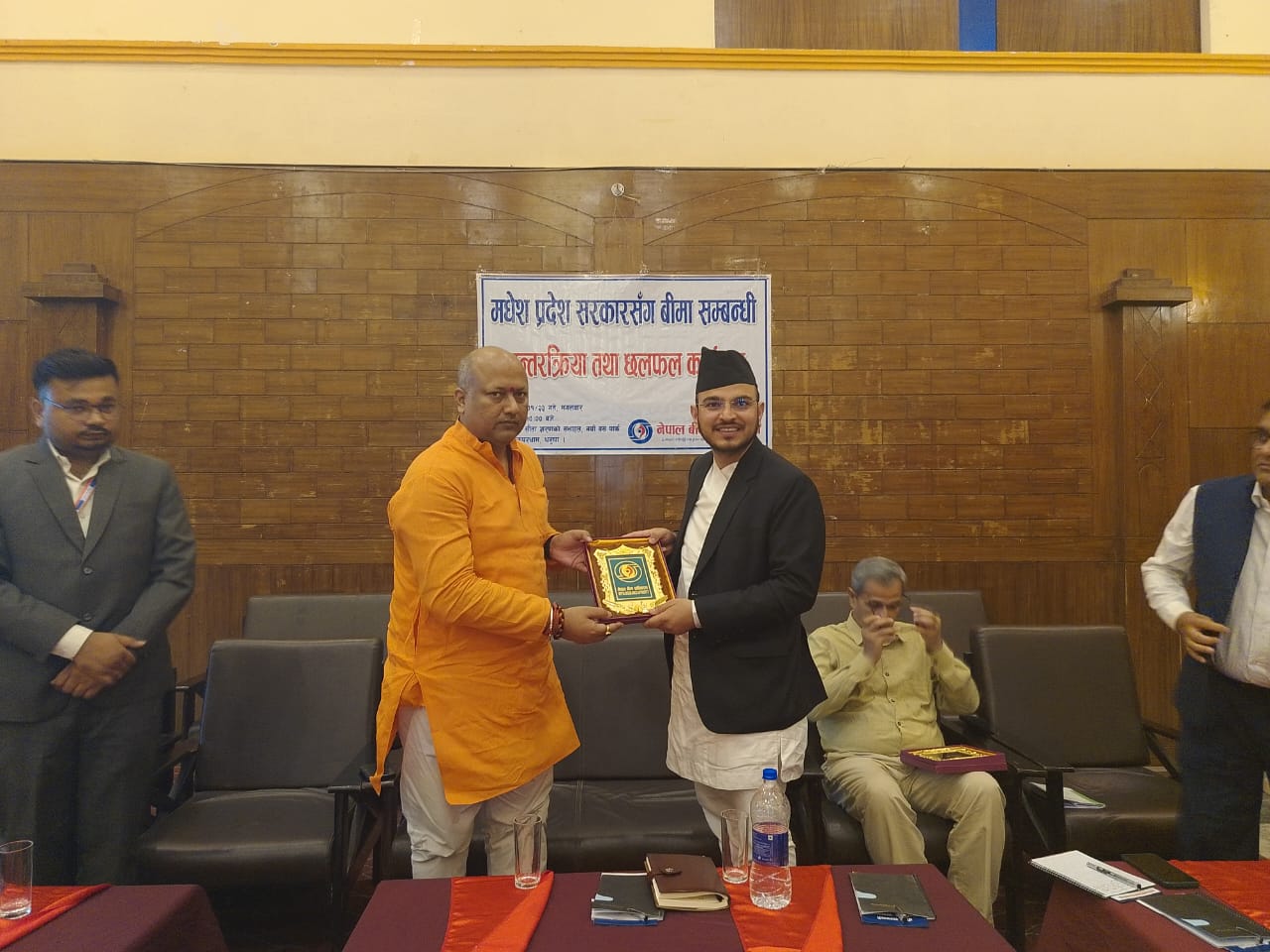
Media allegations vs. verifiable facts
While some media have claimed that Ojha’s credentials are “fake” or “questionable,” Nepal All contacted each institution named in his experience certificates. The results strongly challenge the media narrative.
The CIAA has confirmed it is conducting a routine verification of Ojha’s appointment. Letters have been sent to past employers, and responses have started arriving via email. “So far, we have not received any information confirming that any document submitted during his appointment is fake,” said a CIAA investigation source.
The official clarified that since Ojha appeared to have worked at multiple institutions at a relatively young age, they were simply conducting due diligence. “It is the CIAA’s job to ensure transparency in public appointments, and we will only comment definitively once we have all the information,” they added. However, they also cautioned against media actions that appear designed to influence both the court and the commission’s independent process.
Why the sudden panic among interest groups?
Ojha has not yet completed his first 100 days in office, but the Insurance Authority has already introduced nearly a dozen policy and administrative reforms. According to insiders, some of these moves have disrupted the illicit earnings of entrenched interest groups from Insurace companies in Nepal.
A senior Authority official claims that these same groups, who had long benefited from manipulating regulatory leadership, are now panicking—and may be orchestrating these media stunts.
In a historic appointment, Sharad Ojha has been named Chairperson of the Nepal Insurance Authority (NIA), as the youngest individual ever to lead the nation’s insurance regulatory body. At just 33 years old, Ojha represents not just a generational shift—but potentially, a systemic one.
For decades, the NIA was largely viewed as a quiet post-retirement haven for a select few bureaucrats. Critics argue it served more as a shield for entrenched corporate interests than as a watchdog for policyholders. Insiders long alleged that powerful business houses—particularly IME Group and Vishal Group—exerted undue influence over regulatory decisions, enabling practices that favored profits over prudence.
With Ojha’s arrival, that status quo appears to be under siege. Since assuming office, he has set in motion with “drastic reforms.” His early moves point to a clear vision: transparency, accountability, and a dismantling of opaque practices that have enabled what many call Nepal’s “insurance mafia.” If the past was defined by patronage, Ojha seems determined to build a future defined by public trust.
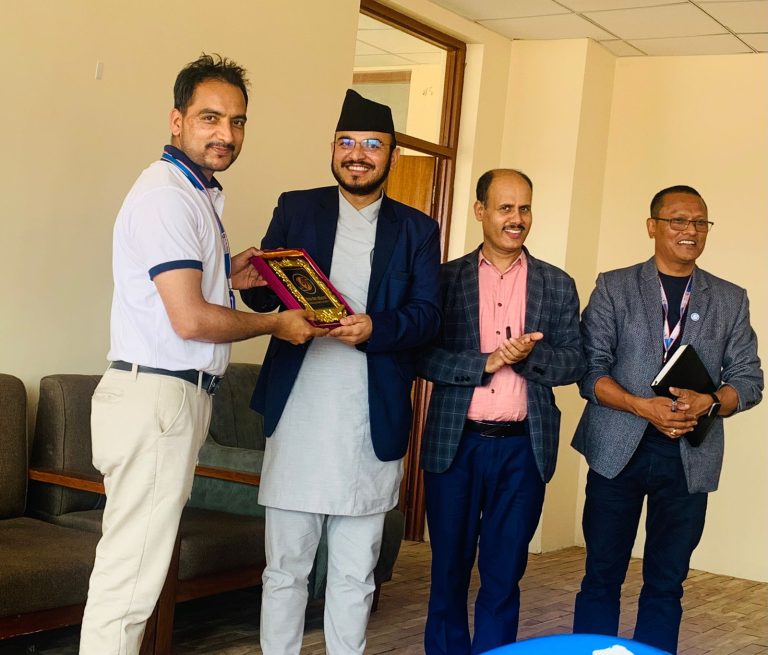
“Ojha has introduced a new way of working—swift, consultative, and disruptive,” says one senior finance ministry official to Nepal All not authorized to speak publicly. “The industry hasn’t seen this kind of scrutiny in years. And frankly, it’s terrified.”
His selection was anything but arbitrary. The process began with a formal search led by a recommendation committee, which shortlisted five candidates. On Falgun 10, presentations and interviews were held at the Ministry of Finance. After scoring each candidate on merit and vision, the top three—Ojha, Ram Sharan Pudasaini, and Damodar Basoula—were forwarded to the Cabinet. Ojha topped the list, and the government moved swiftly to appoint him.
His resume is unusually multidimensional for a regulator. With over 12 years of experience across legal advocacy, corporate strategy, and public policy.
In Nepal’s bureaucratic landscape, where regulatory bodies have often served the interests of powerful corporate syndicates, Sharad Ojha’s rise to the helm of the Nepal Insurance Authority (NIA) was unexpected — and unsettling for many. In less than 100 days, he has done what his predecessors, many of them retired bureaucrats with close ties to political and corporate lobbies, never dared: confront the insurance mafia head-on.
His tenure has been nothing short of disruptive. For years, influential groups like the IME Group and Vishal Group were widely believed to have manipulated regulatory decisions for their financial gain. The appointment of a young, independent regulator broke that tradition. And Ojha wasted no time making waves.
One of his first acts was to initiate work on a sweeping integrated directive that aims to overhaul how insurance companies are supervised. This move alone challenged longstanding loopholes that had allowed companies to operate in a grey zone with minimal accountability. But he didn’t stop there. Ojha began publishing a new industry transparency report, Insurance Mirror, a regular bulletin that offers the public access to vital data—something the insurance sector had long resisted.
In an effort to build a professional, accountable system, Ojha launched weekly leadership development training programs for staff across the insurance ecosystem. He also introduced judicial-style hearings for resolving disputes, a practice modeled after formal court proceedings, designed to replace informal and often biased decision-making. A dedicated branch within the authority now oversees insurer investments, increasing scrutiny over where and how insurance money flows—a previously opaque area that had been prone to abuse.
Further still, Ojha authorized a special supervision campaign targeting malpractice in non-life insurance companies. Another internal reform established a new mediation unit within the authority, aiming to resolve disputes quickly, fairly, and without the delays that had frustrated policyholders for years. Soon, the authority will publish Nepal’s first comprehensive annual insurance policy and program document—a long-overdue step toward structured governance.
Perhaps most notably, Ojha has introduced a requirement that all reinsurance contracts be formally submitted to the Authority. This policy is intended to curb the misuse of foreign currency—an area rife with potential for financial leakage and regulatory evasion.
These reforms, while applauded by technocrats and governance advocates, have shaken the old order. Within weeks, whisper campaigns began. Some media houses—often linked to vested interests—ran stories questioning the authenticity of Ojha’s past experience, even as multiple former employers publicly verified the documents he submitted during his appointment process. Anonymous sources and politically-timed “investigations” followed. What looked like a smear campaign, insiders say, was anything but spontaneous.
“This is a textbook case of institutional backlash,” a senior Finance Ministry official told Nepal News. “For years, regulatory capture was the norm. Now that someone is breaking that cycle, they are panicking.”
Ojha, however, has refused to be drawn into the personal attacks. He continues to focus on reform, institutional integrity, and transparency. And while the road ahead is unlikely to be smooth, his early actions suggest he is in no mood to compromise.
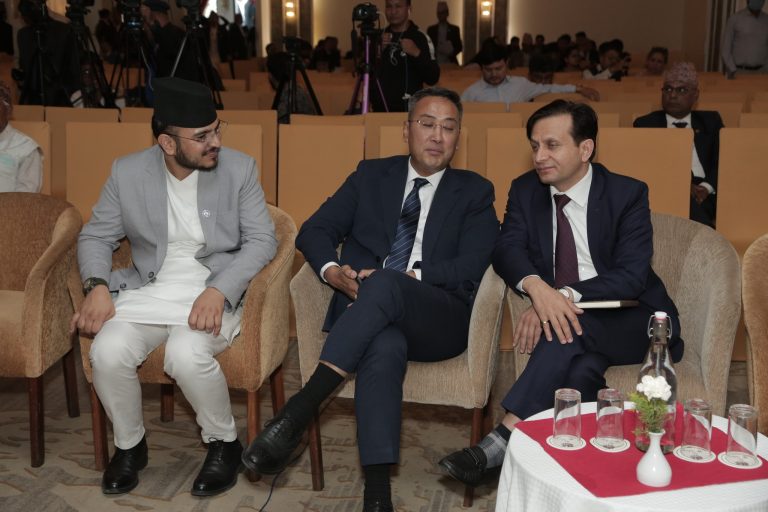
In a country where regulation too often bends to political and business pressure, Ojha represents something rare: a technocrat with both the independence and ambition to clean up a system long seen as untouchable. That, more than anything, explains why he is now a target. And it also explains why so many are quietly hoping he won’t back down.
What do Ojha’s former employers say?
Before his mid-February appointment as Chairperson of the Nepal Insurance Authority, Sharad Ojha had cultivated a broad career across journalism, management, teaching, and legal practice. In support of his nomination, he submitted experience certificates, income tax documents, and verification letters detailing his professional history.
The list of institutions he cited was long and varied—Administrative Media, Chanakya Media, Trinity Exim, Apex College, SAIM, Imperial College, Capital Model College, and NATHM. He also listed advisory roles with the Confederation of Nepalese Industries (CNI), the Federation of Nepalese Chambers of Commerce and Industry (FNCCI), and the Investment Board of Nepal.
His former employers are standing by the credentials.
“Ojha worked with us as a Senior Manager for nearly two years,” says Rachit Agrawal, Executive Chair of Trinity Exim. “His responsibilities were strategic and operational, and his contribution was valuable.”
At Administrative Media, Ojha was trusted with more than just a job title. “He was in charge of marketing and handled the entire office operation,” says Lokhari Paudel, the company’s chairperson. “He was the backbone of our administration during his tenure.”
“Ojha served as our senior manager and also worked as a special correspondent,” says Pushpa Dulal, Chair of Chanakya Media and Editor-in-Chief of Clickmandu. “His reporting and editorial judgment were sound, and we never questioned his credentials.”
Academic institutions, too, have echoed this sentiment. From Capital College to NATHM, program heads and principals have verified the documents he submitted, affirming that he held legitimate roles in teaching and management.
Ojha’s case file also included income tax returns tied to his employment at several of these institutions—including the Nepal Tourism Board and the Confederation of Nepalese Industries—reinforcing the trail of formal, verifiable professional history.
In an environment where character assassination is often deployed as a political weapon, such first-hand validations paint a different picture. While some media reports have suggested “suspicious” or even “forged” documents, those who actually employed Ojha are saying the opposite: the papers are real, and the record is intact.



